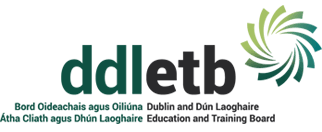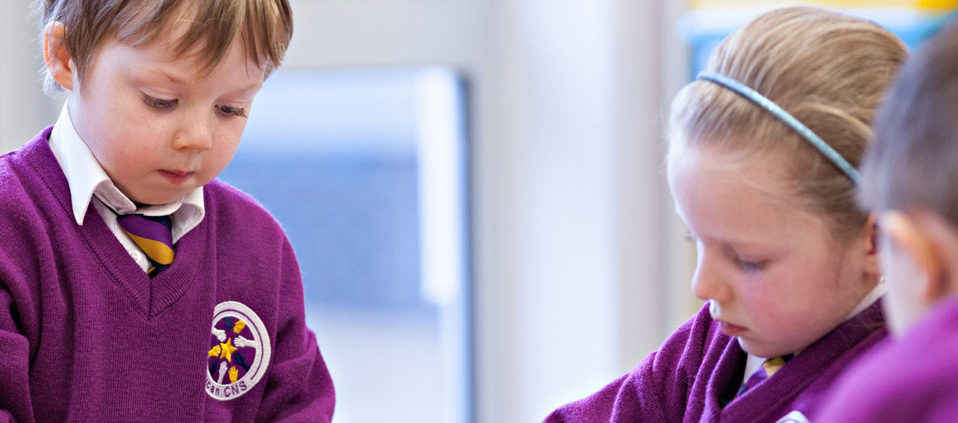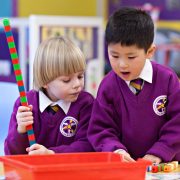What Are Community National Schools Anyway?
DDLETB is a proud patron of 7 Community National Schools and 3 Special Schools. They are:
Community National SchoolsCitywest & Saggart Community National School |
Special SchoolsCrannog Nua Special School Ballydowd High Support Special School Danu Community Special School |
But what exactly are Community National Schools and how are they different from what is generally known as a “Primary School”? Séamus Conboy is the Education and Training Boards Ireland Primary Schools Support Officer, and here he explains what they are.
What is a Community National School?
Community National Schools (CNS) are state-operated, multidenominational, inclusive schools that welcome all children from the local communities they serve. Historically, schools have been managed by private patrons who are also responsible for the ethos of the school e.g. Church bodies, Educate Together. The State has now developed its own primary school model with the Community National Schools.
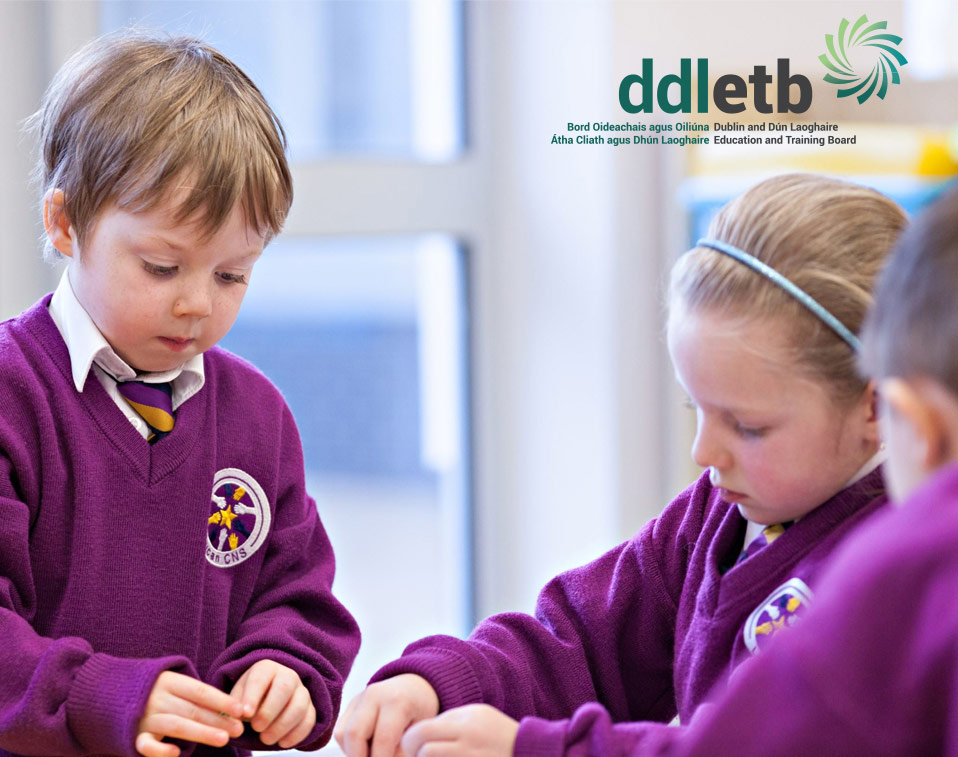
Why is there a need for a Community National School?
Roman Catholic. The religious identity of many Irish people has changed in recent years. Ireland has
also morphed into a richly diverse country because of the migration experienced during the boom
years. Due to these changes, the current school system, which is 96% Church-run, no longer fully reflects
Irish society. Even with their best efforts, many Church-run schools are struggling to fully meet the needs of all of their children due to the constraints of their ethos.
Who is the patron of these schools?
known as VECs, are statutory authorities which have responsibility for education and youth work. ETBs
manage and operate Community National Schools, Second-level schools such as Community Colleges
and a range of adult and further education centres. They have developed an excellent reputation for
their provision of inclusive, innovative education that meets the needs of the entire community.
What is the difference between Community National Schools and other school types?
patron, follows the same national curriculum. Schools mainly differ in what they call their ‘ethos’ or
characteristic spirit. Many parents describe a Community National School as somewhere between the
traditional denominational school and a secular school. Although Community National Schools do
not prioritise any one religion over another, space is made within the school day for children to be
nurtured in their own faith or secular belief while learning more about their friends’ beliefs too.
main commitment is to providing a child-centred education that helps children to live their lives to
the full. A focus on both academic and hands-on learning, IT and the nurturing of children’s well-being
ensures that they are prepared to thrive in and beyond their education journey.
schools in that the children wear a school uniform and the teacher is referred to formally e.g. Mr. Murphy, Múinteoir Orla.
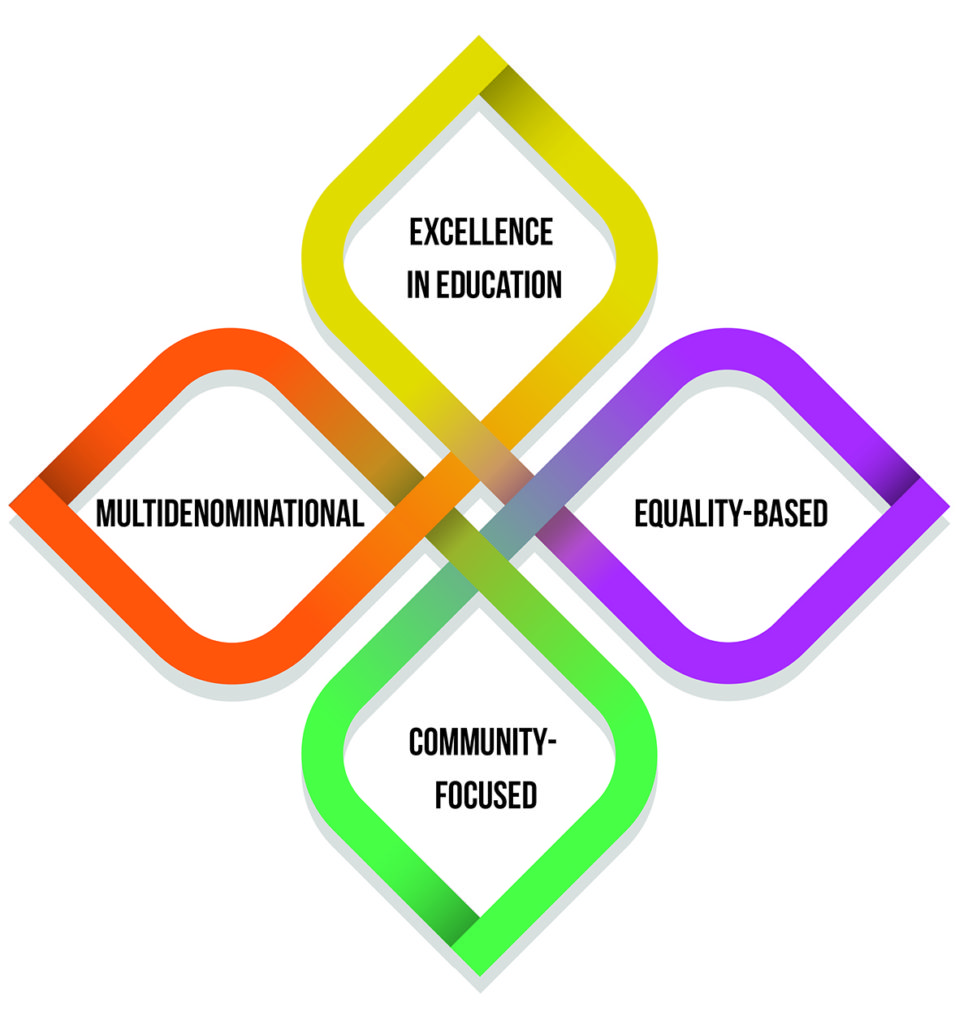
programme called Goodness Me! Goodness You!
How do Community National Schools cater for religious/secular belief diversity?
Unlike single-denominational schools, Community National Schools have a multi-belief and values education programme that caters for children of all faiths and secular beliefs. The programme is called Goodness Me, Goodness You! or GMGY. This programme was developed by the National Council for Curriculum and Assessment (NCCA) which is the statutory body charged with the development of national curricula.
It is a belief-nurturing programme where children, with the help of their teacher, parents and belief
communities learn more about their own beliefs and those of their friends. Children learn together about
the same theme – the schools communicate with parents about the theme and they talk about it at home from their own faith/belief perspective. Children then share their perspective or experience of the same theme with their class and therefore learn more about themselves and each other.
Does the school support children preparing for special rites of passages e.g. the Sacraments?
Community National Schools also offer Belief Specific Teaching (BST) where parents can request additional supports around specific rites of passage. For example, many Catholic parents want some support from the school around the sacraments. The schools work with the parents and parish around how they can support them, bearing in mind the limitations they have as they are primarily multi-denominational schools. This support is open to all families from all religions and beliefs. It is different
in every Community National School, depending on the needs of the school community and the practices
of local belief communities.
Does the GMGY Programme deal with topics other than religions and beliefs?
The GMGY programme is also a values education programme. Children learn all about ethics and
the values of the school, such as equality and justice. They also do what is called ‘Thinking Time’
where the children learn to think critically and philosophically about different issues. A very nice part of
the programme is what is known as ‘Quiet Time’ where children are encouraged to fall still and think
about all that they have learnt that day in GMGY and to consider how that relates to their lives as
individuals.
Where are the current Community National Schools and how are they doing?
To date, there are 11 Community National Schools in Dublin, Wicklow, Meath, Kildare and Cork. Each CNS has thrived in the areas they are in and have developed reputations for their inclusive ethos and commitment to excellence in education.
Where can I find out more information about these schools?
For more information or to express an interest in enrolling your child in a new Community National School, please visit www.cns.ie. Each school has its own individual website that can be accessed from here. For more information on Goodness Me! Goodness You! please visit www.gmgy.ie.
